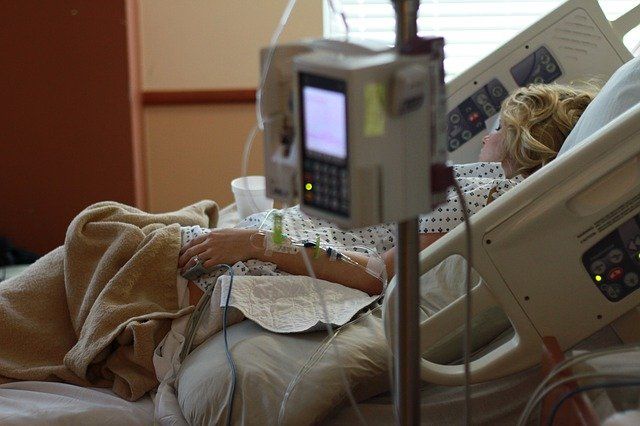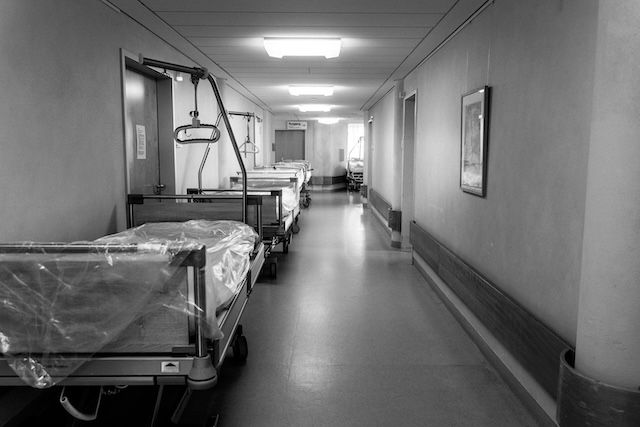Germany Wolfsburg - Too few midwives for the delivery room
Around the clock, there are only two midwives on duty in Wolfsburg's maternity clinic. This is hardly enough to meet the needs of all patients. In November 2021, the delivery room was closed for eight hours due to this lack of staff.
According to recent articles, Germany Wolfsburg - delivery room lacks midwives, the delivery room in the German city of Wolfsburg is in dire need of more midwives. Currently, there are only two midwives on staff and they are both nearing retirement. This leaves the delivery room understaffed and potentially unable to provide adequate care for mothers and their newborns. The city has been trying to attract more midwives, but so far has been unsuccessful.
Around the clock, there are only two midwives on duty in Wolfsburg's maternity clinic. This is hardly enough to meet the needs of all patients. In November 2021, the delivery room was closed for eight hours due to this lack of staff.
In order to alleviate the workload of the midwives and to improve the quality of care, the hospital employs medical assistants who take over administrative tasks from the midwives. This allows the midwives to concentrate on their core task: providing high-quality care for mothers and babies.

According to German law, a birth must be attended by a midwife. Already before the currently growing birth rate, the shortage of midwives was a nationwide problem, but it's especially acute now in Wolfsburg, a city of 124,000 inhabitants. With so many midwives already overworked, it's becoming increasingly difficult to find one who can be present for a birth. This is putting immense pressure on the already strained health care system.
Better payment structures and improved compensations for emergencies are in discussion, but the implementation is challenging. The midwifery education process went through a radical change. Education shifted from practical-oriented midwifery schools to a more academic approach in universities. It will be difficult to implement a decent incentive structure and to discriminate against neither the old guard nor the new academic class of midwives.
While in Wolfsburg three additional positions for midwives need to be filled, expectant parents have to consider in, that they might be redirected to other hospitals. The hospital is doing its best to provide quality care despite the shortages.
But it's clear that something needs to be done to address this growing crisis.
The situation in Wolfsburg is just one example of how the midwifery shortage is affecting German families and staff in healthcare. It is indicative of a larger problem in Germany: a severe shortage of midwives.
According to a recent study, there will be a shortfall of around 4,000 midwives by the year 2025.
This shortage is already having an impact on maternity clinics across the country.





